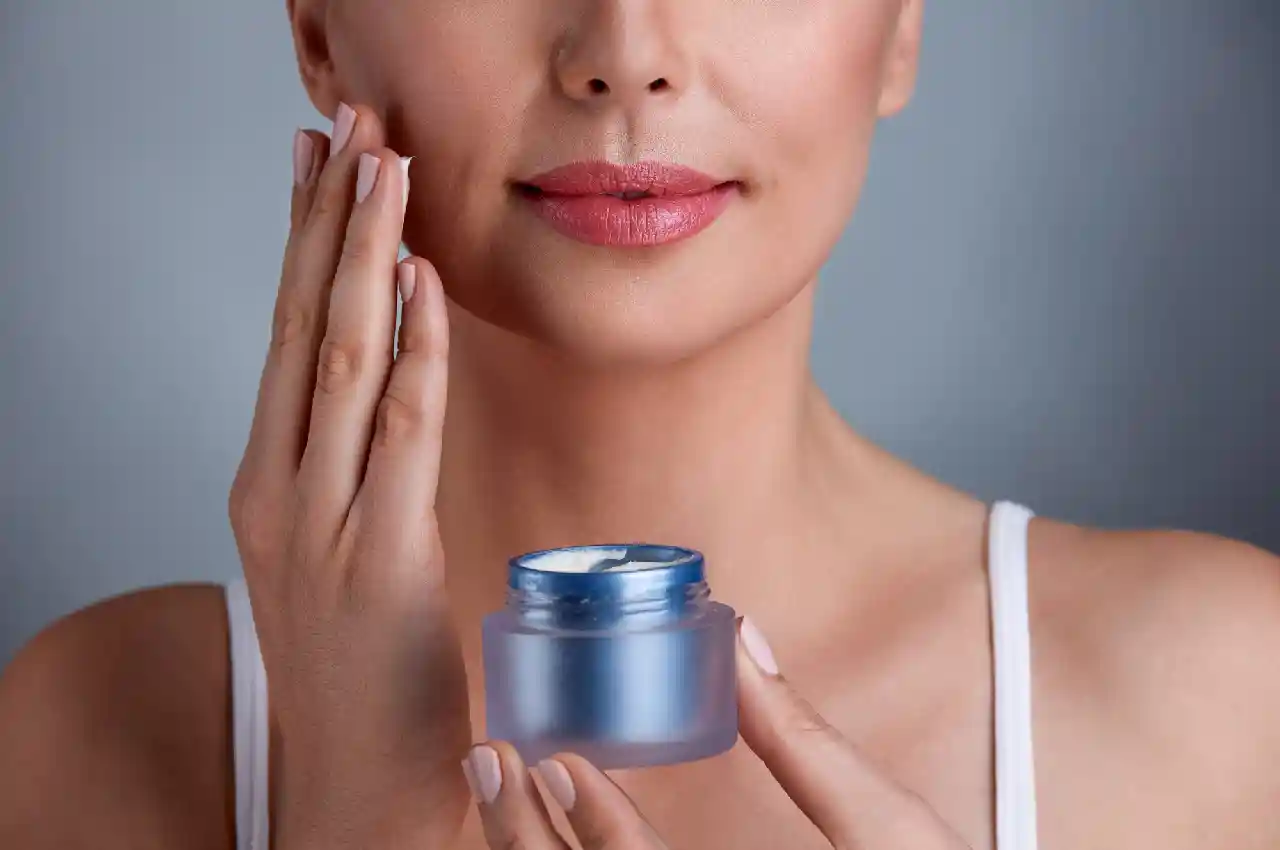HEALTH
The Ultimate Guide to Creating a Daily Body Skincare Routine

Your personal life may be in a state of flux while the pandemic restricts your normal day-to-day activities. However, this doesn’t mean that you can’t cultivate certain habits that will benefit you long term.
Broadly speaking, the key thing to recognize is that the small things you do consistently on a daily or weekly basis greatly affect your life outcomes. This is true for your body too!
To give your skin a well-deserved body skincare routine, learn more about it in the below guide!
Why Is a Daily Body Skincare Routine Important?
Taking care of your skin is not just about looking good; it’s about feeling good and staying healthy. Your skin acts as a barrier against bacteria, viruses, and harmful environmental factors. A daily body skincare routine can help maintain this vital defense system and keep your skin radiant and youthful.
Step 1: Choose the Products
Cleansing is the first step to achieving beautiful, healthy skin. Pick gentle, pH-balanced, and eco friendly bath and body products out there for you. Cleanse your body with warm (not hot) water to avoid stripping your skin of its natural oils.
Step 2: Exfoliate Regularly
Exfoliation is the key to removing dead skin cells and preventing clogged pores. Use a gentle exfoliating scrub or a loofah to buff away dead skin, ideally 2-3 times a week. Avoid over-exfoliating, as this can irritate the skin.
Step 3: Moisturize, Moisturize, Moisturize
Hydrated skin is happy skin. After cleansing, apply a nourishing body lotion or cream to keep your skin soft and supple. Pay special attention to areas prone to dryness, like elbows and knees. For extra hydration, consider products with ingredients like shea butter, hyaluronic acid, or glycerin.
Step 4: Sunscreen Is a Must
Protecting your skin from the sun’s harmful UV rays is crucial. Apply a broad-spectrum sunscreen with an SPF of at least 30 every morning, even on cloudy days. Sunscreen helps prevent premature aging and reduces the risk of skin cancer.
Step 5: Don’t Forget Your Feet
Your feet need love, too! Include them in your daily routine by regularly exfoliating and moisturizing. This will help prevent dry, cracked heels and keep your feet looking and feeling their best.
Step 6: Treat Specific Concerns
If you have specific skin concerns like acne, stretch marks, or cellulite, there are targeted treatments available. Consult with a dermatologist for advice on the best products and methods to address these concerns.
Step 7: Stay Hydrated and Eat Well
Healthy skin starts from the inside. Drink plenty of water to stay hydrated, and maintain a balanced diet rich in fruits, vegetables, and lean proteins. Vitamins and minerals from your diet play a significant role in the health of your skin.
Step 8: Get Adequate Sleep
Beauty sleep is a real thing! Aim for 7-9 hours of quality sleep each night. A good night’s rest allows your skin to repair and regenerate, keeping it looking fresh and vibrant.
The Path to Radiant Skin Awaits
Establishing a daily body skincare routine can greatly improve the health and appearance of your skin. By following the steps outlined in this guide, you can achieve smoother, softer, and more radiant skin every day.
So why wait? Start implementing these tips into your daily routine today and see the amazing results for yourself! Start your journey to healthier skin now!
If you enjoyed our article, then you’ll love the rest of our website. We have everything from style to health, so dive in and explore your new favorite blog.
Having completed my education in English, I’ve cultivated a successful career as a content writer. My tenure includes valued collaborations with distinguished professional organizations, reflecting my commitment to producing high-quality content.
Contact me on this mail: [email protected]










